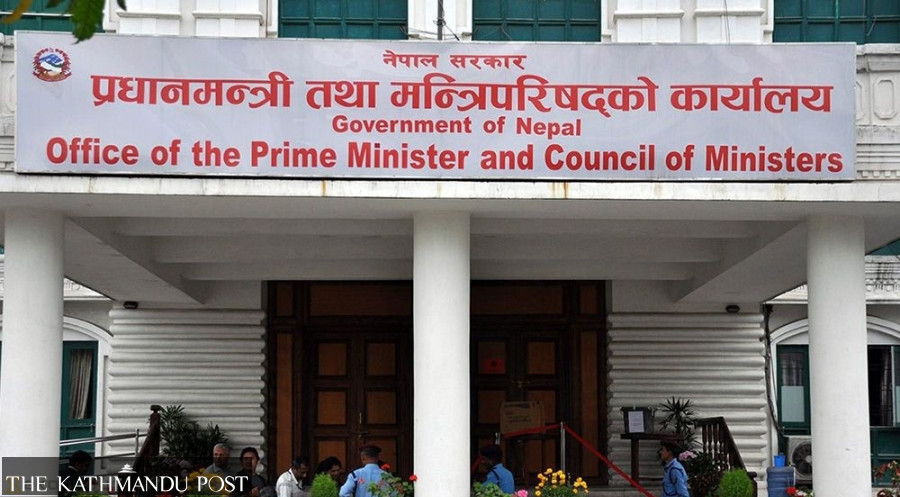Editorial
Welcome home
The government should appoint a larger number of career diplomats to our diplomatic missions abroad
Trust Prime Minister Sher Bahadur Deuba to expend his energy on the least important of things when he continues to ignore the most pressing issues of the day. Nearly two and a half months after being sworn in as prime minister, he still has not expanded his cabinet due to power-sharing complications with his coalition partners. So much so that he has failed to appoint ministers in the seats allocated for his party, the Nepali Congress. After all, he has too many aspirants to placate in the run-up to the party's 14th general convention. His failure at home, though, did not stop him from recalling 12 ambassadors who were political appointees of the erstwhile KP Sharma Oli government.
Recalling ambassadors appointed by the previous government, especially the political appointees, is the prerogative of a new government. So Deuba cannot be singled out for doing what has been a political tradition for long. But whether the same is the priority and whether that is pragmatic in the current situation is a moral question that the government must answer. The only explanation for the government's recalling the ambassadors could be that Deuba wants to dole out appointments to leaders of various political parties supporting his government.
One reason why Nepal's diplomats fail to make much impact in the world is because our diplomacy falls victim to the constant change of government at home. Moreover, we lack a consistent diplomatic approach, which results in our diplomatic missions being rudderless each time there is a leadership change at home. Eleven diplomatic missions abroad were already lying vacant after Deuba scrapped 11 ambassadorial appointments by the Oli government. And with Deuba's Tuesday action, a total of 23 diplomatic missions abroad are set to remain empty. Although Deuba is reported to have vowed to expedite the appointment process for new ambassadors, it is certain to take weeks or even months. What's more, Deuba has too many aspirants from too many factions to pacify, and the task is not going to be easy or quick enough.
What is alarming is that the ambassadors recalled by Deuba include those heading the New Delhi, Beijing, Washington, DC, and London missions when Nepal needs to engage with our key friends and development partners consistently. As we struggle to secure enough doses of the Covid-19 vaccines for the entire eligible population, we cannot afford to let a diplomatic void take place. This is not to say that all the ambassadors recalled by Deuba had been doing any exemplary work towards securing the life-saving vaccines. Nor had they been supporting the Nepalis stranded abroad after being rendered jobless in the wake of the pandemic. Notwithstanding the performance—or lack thereof—of the individual ambassadors, though, we must still ensure that the diplomatic missions abroad are not left without leaders.
Most of all, the tradition of making political appointments to ambassadorial positions should be scrapped if we are to have a consistent diplomatic connection with the global world. For far too long, Nepal's governments have been choosing ambassadors with little knowledge of the politics, culture and language of the countries where they are sent. Even more alarmingly, many such envoys have serious conflicts of interest, with instances of manpower agents being appointed to labour destination countries. To break that tradition, the Deuba government should, this time around, focus more on appointing career diplomats who have the experience and insight to lead our diplomatic missions abroad.




 8.22°C Kathmandu
8.22°C Kathmandu














